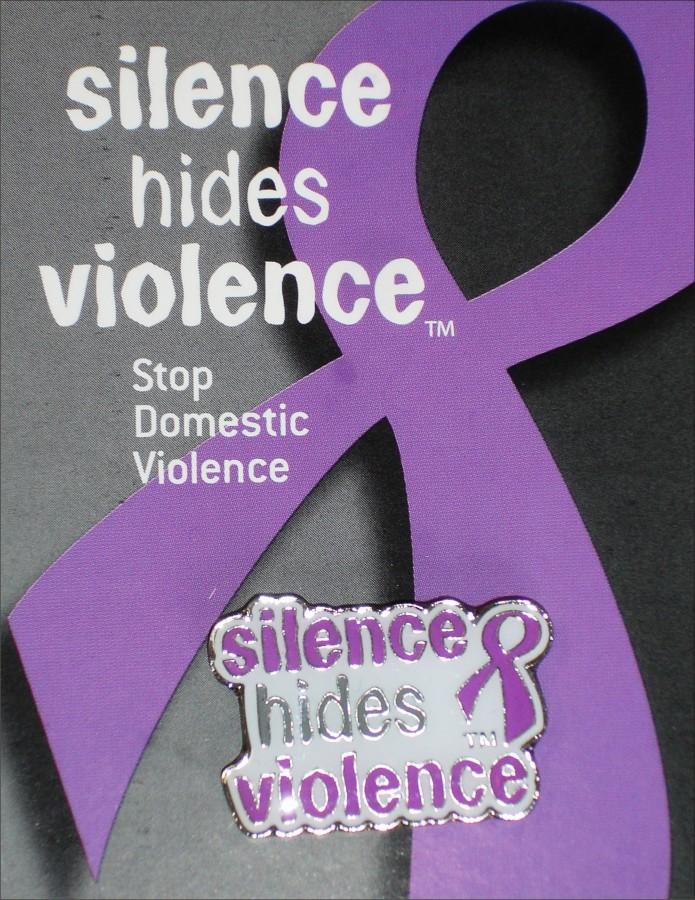“My body, my choice, my rules.”
Campaign reaches out to abused teens
April 4, 2014
Sexuality in the media is heavily stigmatized by letting people believe that they are weak if assaulted and that they cannot come to other people for support.
LACASA (Livingston Area Council Against Spousal Abuse), is a safe house located in downtown Howell, is for victims of sexual assault and domestic violence, where they can help and receive counseling. The teen council is composed of 11 student volunteers in the Livingston County area, and they pick a topic in which they present to the general student body. This year is the No Blurred Lines Campaign, which focuses on sexual assault, and began in early March of 2014.
The students of the teen council are fully committed in their efforts to help other people. They work to meet every two weeks at LACASA to help build their campaign together, with the help of Ms. Nicole Mathews-Creech, LACASA’s volunteer coordinator. So far they have been to Brighton, Pinckney, Fowlerville, Flex Tech, Kensington Woods, Legacy, and many more high schools with their efforts.
“I just feel a sense of fulfillment when I help people who don’t have as much as more or the same privileges,” says Howell High School freshman volunteer, Emilay Badgett.
I think it’s such a beautiful thing that students are taking the time out for something so important like this. People make offhand jokes about rape all the time, with no clue who around them is affected by such careless words and crude jokes.
According to the Rape, Abuse and Incest National Network website (RAINN), 44 percent of victims of sexual assault are under the age of 18. In the four months they are given to come up with a way to communicate their lucrative message to their peers of date rape and sexual assault, they came up with their theme of the project using Robin Thicke’s debut single of 2013, Blurred Lines.
Most people have heard the catchy tune on the radio, but most also don’t know what the lyrics are saying. The song is about sexual assault, with Thicke making references such as “I hate these blurred lines. I know you want it.” And “But you’re a good girl. The way you grab me. Must wanna get nasty.”
“It really tells a story about how social media, entertainment, and news portray sexual assault. . . and with our campaign one of our taglines is ‘no excuses, no blurred lines’ which means there’s no blurred lines or in between saying yes or no. If you say yes or if you say no, then that’s that,” says Badgett.
By picking the song “Blurred Lines”, I think they did a great job choosing something in the mainstream of pop culture, where even if someone doesn’t listen to that type of genre, they still are going to understand the reference. Also, by picking such a widely known song and bringing light to what it is actually being said is so smart.
Using the theme Blurred Lines, the council made posters that are relatable to other students with pictures of themselves conveying what they thought “no” means.
“We made posters and put them in the bathrooms where it would be private, and they have tabs on them that you can take with LACASA’s information on them. At the Freshman Campus, I have noticed a lot of the tabs were taken,” says Badgett.
I absolutely support why they chose this. Even if it doesn’t feel like it, going to the restroom to freshen up five minutes out of the day gives one time to just breathe from the stresses of the daily grind. It’s five minutes alone, and that’s when a person is really vulnerable by their thoughts, actions, and fears. Putting it in such a private place where people are going to feel comfortable taking the tab and basically taking the help is ingenious.
“We want to make a change . . . and even if it’s an awkward thing to say, just get it out so that people know what you’re going through instead of just keeping it bottled up inside for the rest of your life. Because nothing is going to get better if you just keep it yourself,” says Badgett.
I feel like this whole campaign is such a beautiful thing. I feel like people try so hard to ignore these things because it’s easier to just look the other way than to face these serious types of problems in society. I’ve never been sexually assaulted, but I have friends who have. Seeing their faces when they saw the posters up on the walls brought me to tears. They felt like someone actually cared and that there was hope for the cause, and that’s something that we as a whole need to work on.
“It’s never the victim’s fault. And that’s one of the biggest things I want people to know, is that if you are a victim of assault, abuse, or any kind of crime, that it’s not your fault,” says Badgett.




